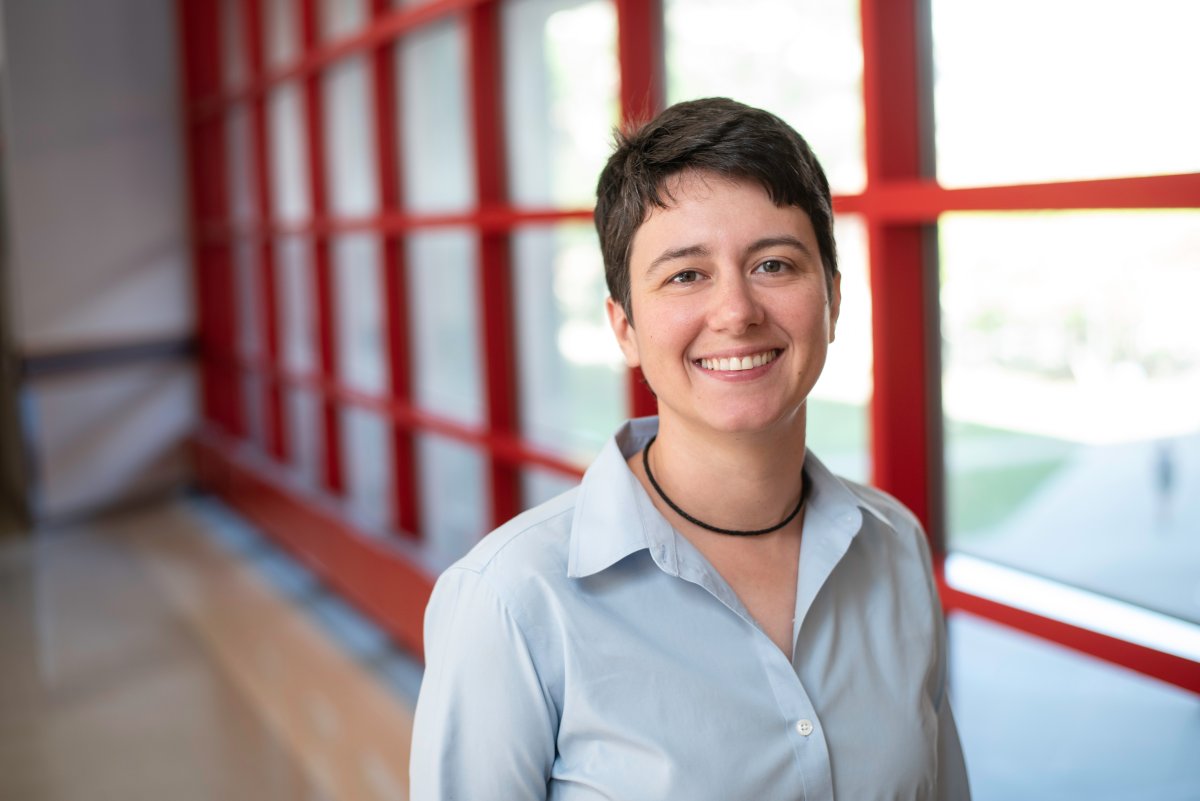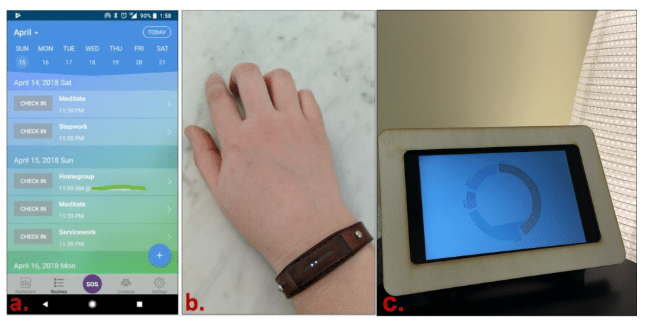Yarosh’s Group Wins Distinguished Paper Award for Self-tracking Addiction Recovery Applications

Associate Professor Lana Yarosh’s research team earned the Distinguished Paper Award from the Proceedings of the Association for Computing Machinery on Interactive, Mobile, Wearable and Ubiquitous Technologies Journal (Vol. 5, Issue 4). Their paper, “Be Consistent, Work the Program, Be Present Every Day: Exploring Technologies for Self-Tracking in Early Recovery”, examines technologies that can aid in the recovery process for individuals with substance abuse disorders. The research was led by Jasmine Jones, a postdoctoral researcher in the Department of the Computer Science & Engineering at the time of the project, in collaboration with Ye Yuan, a recent CS&E Ph.D. graduate. Jones is currently an associate professor at Berea College, while Yuan is now a postdoc at Simon Fraser University.
Partnering with the NUWAY recovery program, Yarosh’s group conducted interviews with patients to pick up patterns in the recovery process and the signs of relapse. They then applied those insights to design systems for individuals to track their recovery progress and stay on track for sobriety.
“One of the things that we have found throughout our work is that it is difficult to know how you are doing in your recovery process day-to-day,” Yarosh said. “Many people expressed being blindsided by a relapse. We saw this reality as an opportunity to help people tangibly measure how well they are doing in recovery by looking at other activities or actions that might help or hurt the recovery process.”
Guided by the idea of “charging a recovery battery”, the team designed two systems to embody this metaphorical battery. Using an established tracking app, users specify different activities that they want to do for recovery, such as going to a meeting, meditating, or talking to a friend. That information was then visualized into two systems - a “FitBit” style watch and an interactive art piece - for displaying a person’s progress towards their goals each day.

Participants at NUWAY were asked to try each system for a month. Results were analyzed at the end of the trial period and were supplemented by continuous interviews about how the technology fit into their day-to-day lives and what could be improved moving forward. The paper outlined two main takeaways - the holistic nature of recovery and the limitations of self-tracking.
“There are a lot of opportunities for robust sensing, so the tracker could know you are doing something without you having to manually track it,” said Yarosh. “That is a great area for computer scientists to contribute. Can we learn based on the way someone is moving their hand or from their location if they are doing a certain activity? Or at least prompt and ask them if they are doing that activity so we can remind them to track their progress and get credit for their activity.”
Privacy was also a huge consideration throughout the study. Recovery spaces must be kept sacred, so mutual trust had to be integrated into their interview process, as well as security measures with each application.
“We aim to honor their views and perspectives about recovery and design things that could actually benefit people based on their lived experiences.”